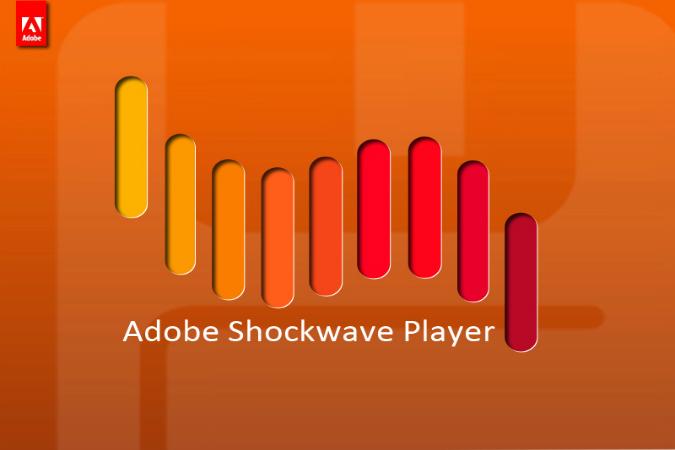
If you use Adobe Shockwave Player on your PC or Mac, then you may need to address this issue quickly. Adobe just patched the program with a significant security update.
An official Adobe Security Bulletin post indicates that the firm has released a security fix for Adobe Shockwave Player 12.0.7.148. The fix also applies to earlier versions of the program, and applies to both Mac and PC users. According to Adobe’s post, the fix addresses a pair of vulnerabilities found within the program that could give a hacker permission to remotely take control of the system on which the flawed Adobe Shockwave Player installations reside.
The security holes were discovered by Liangliang Song, a researcher with Fortinet’s FortiGuard Labs, a firm that specializes in network security and research. Once Song discovered the vulnerabilities, the firm reported them to Adobe.
Though Adobe Shockwave Player isn’t as widely used or as popular as Adobe Flash, the company states that it’s installed on 450 million computers worldwide, so the threat and danger posed by the existence of these vulnerabilities is quite significant.
In order to get the fix, you simply need to download and install the latest version of Adobe Shockwave Player, which you can do so here.
What do you think? Sound off in the comments below.
Editors' Recommendations
- MacBooks could finally get Face ID to boost your security
- Apple Security Research website launches to protect your Mac
- How to make your Mac private and secure
- 4 simple ways to dramatically increase your MacBook’s security
- Enable these 3 easy Windows settings to drastically improve your PC’s security


